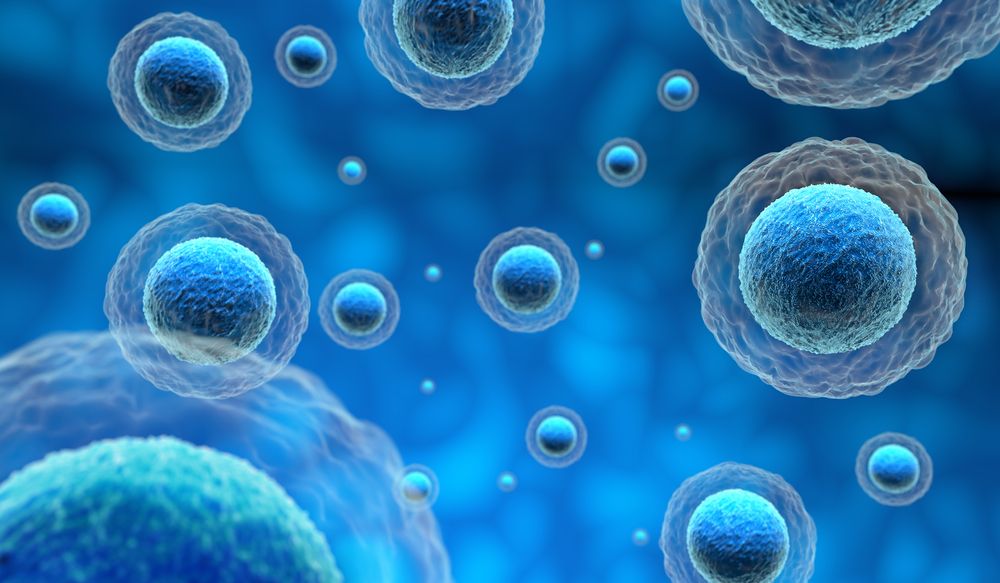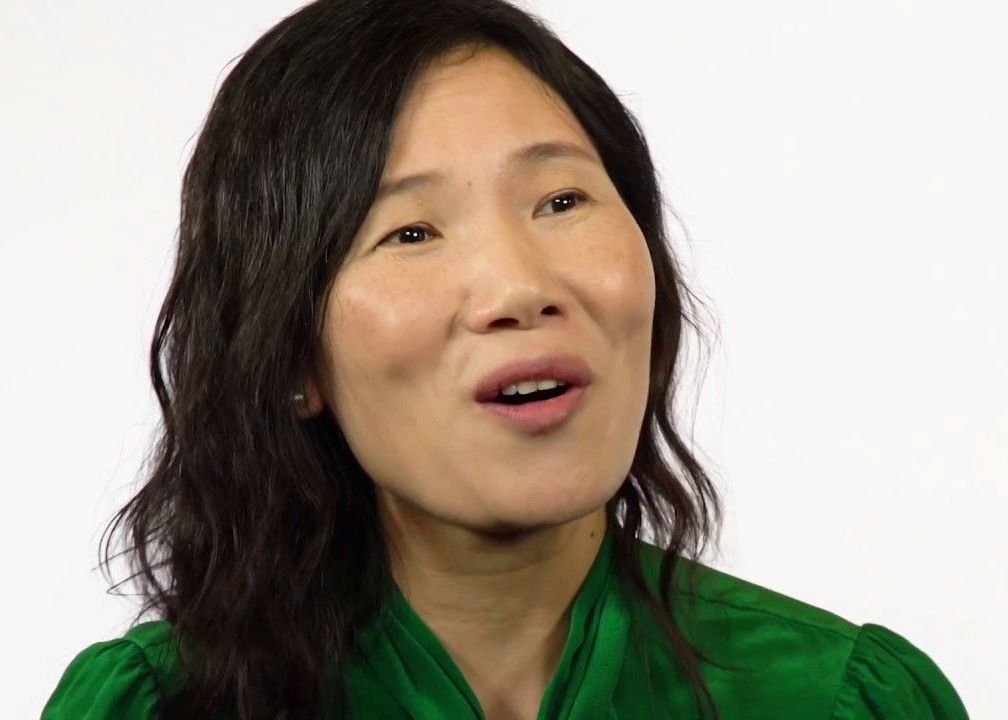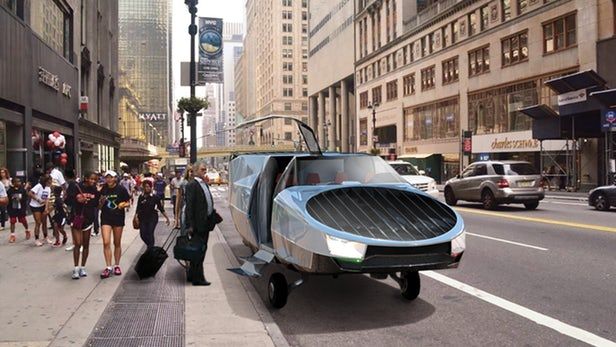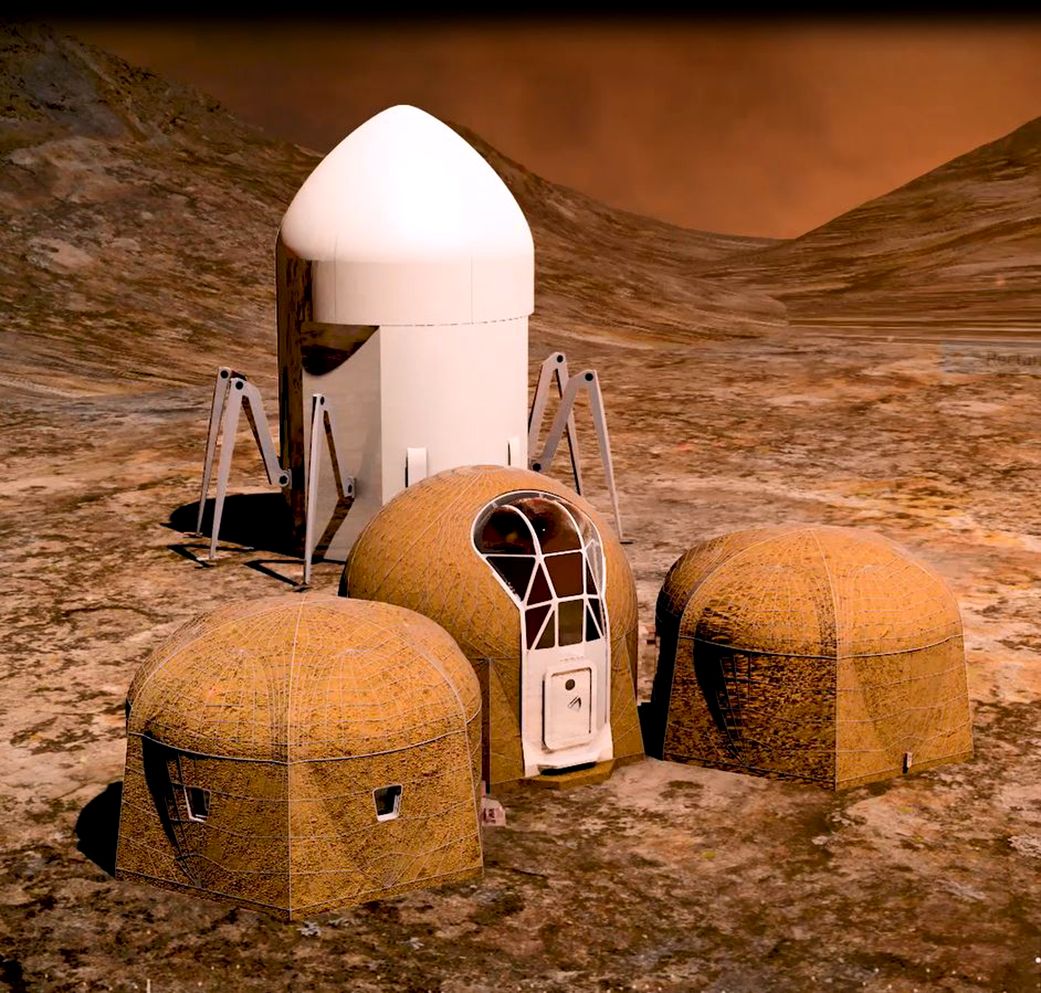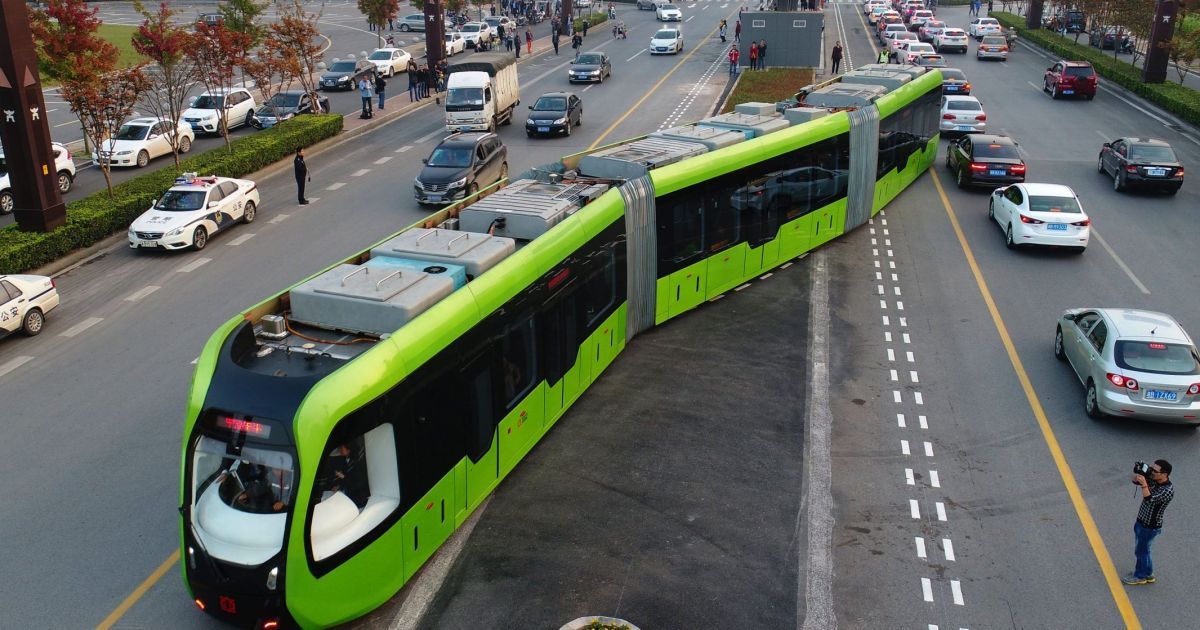Jul 24, 2018
Mice Reprogram Gut Tissue to a Fetal State to Heal Injury
Posted by Steve Hill in categories: biotech/medical, genetics, life extension, neuroscience
A new study shows that mice reprogram their gut tissues to repair injury rolling them from an aged state back to a more fetal-like one.
Getting old is one thing; getting old in a healthy way is another. Many elderly people suffer from all kinds of diseases and disorders, ranging from cardiovascular problems and diabetes to Alzheimer’s and Parkinson’s disease. Wouldn’t it be nice if we could keep the body young as we grow older to prevent disease associated with old age? For instance, would it be possible to slow down or reverse the aging processes in the cells of our body?
This question has gained a lot of interest from scientists, and their research has led to the discovery of the important role that the shortening of telomeres, the protective caps on our DNA, plays in aging. While this has been described in recent posts on the LEAF blog, I would like to address another mechanism that has seen an interesting leap forward, more or less by accident: rejuvenation of tissue.
Continue reading “Mice Reprogram Gut Tissue to a Fetal State to Heal Injury” »
